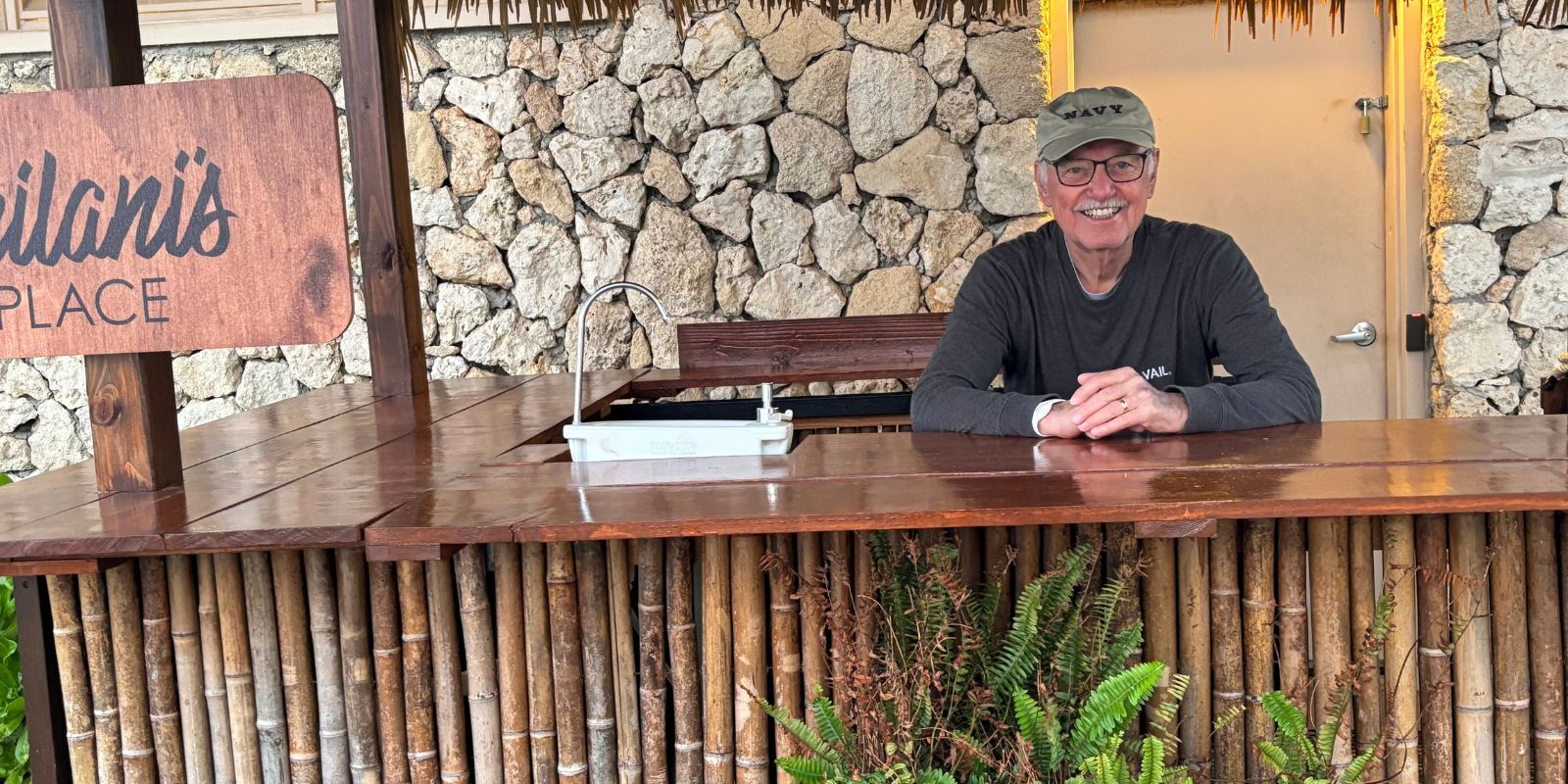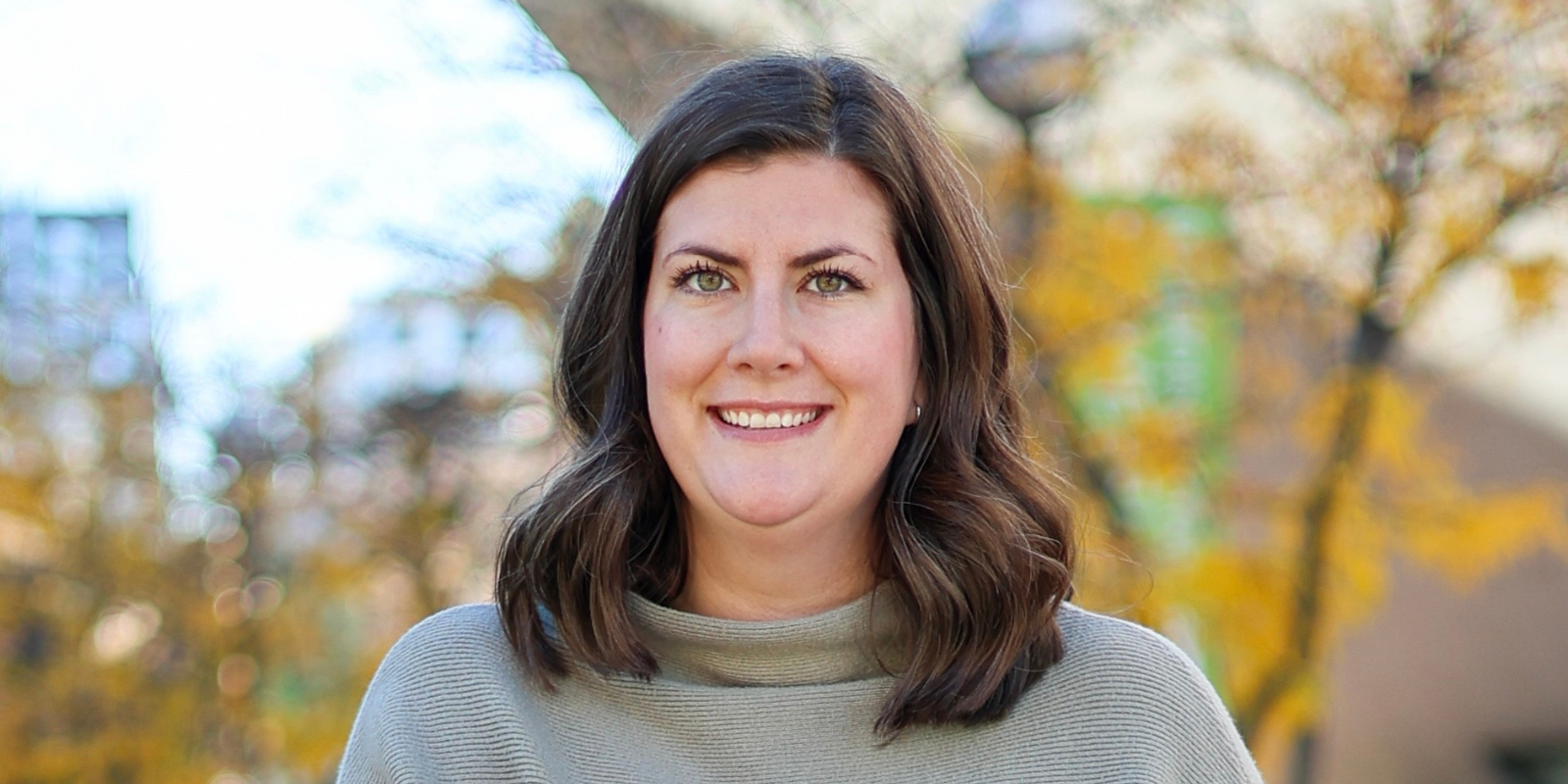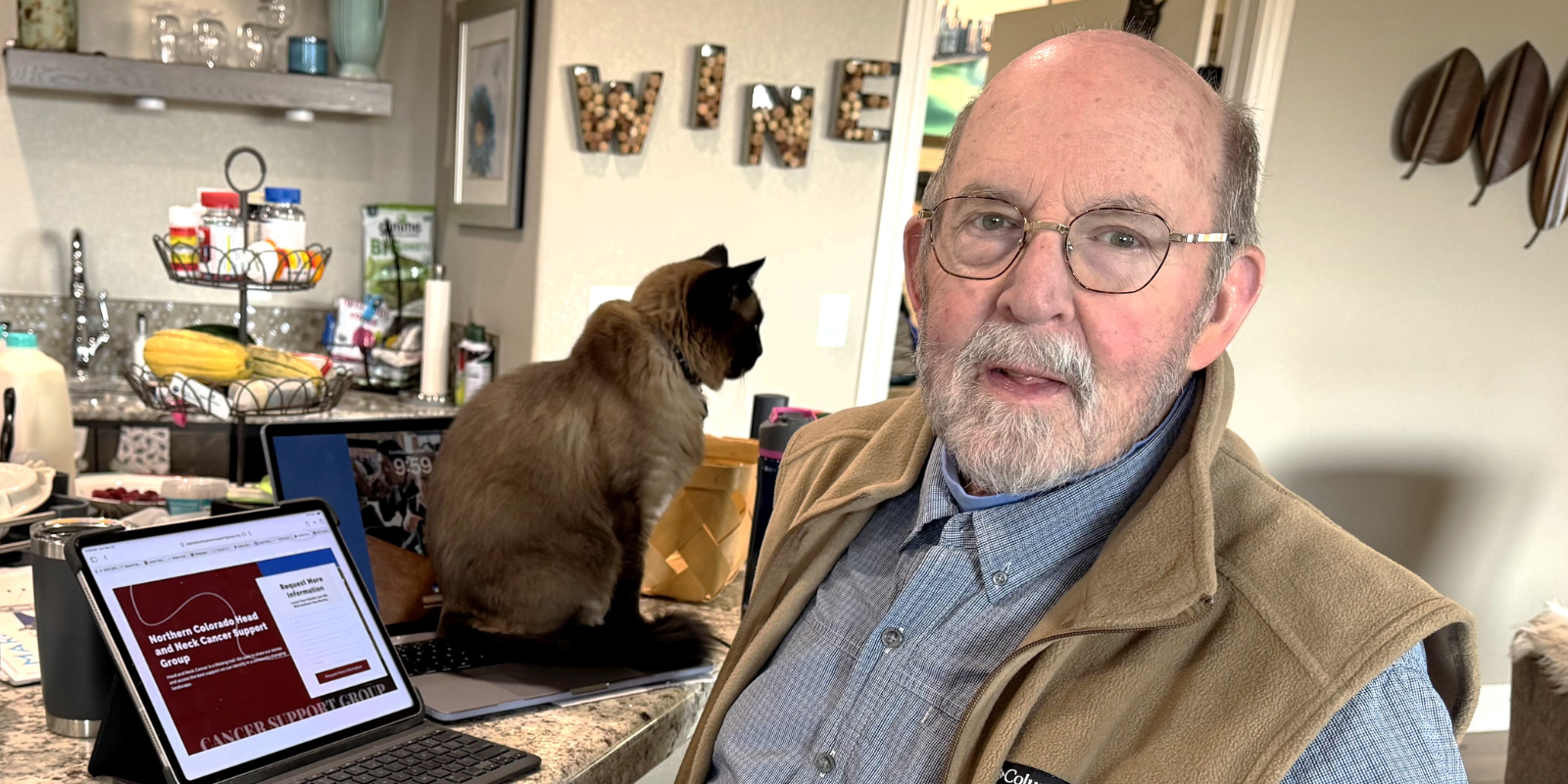Mark Koebrich's heartburn, a lifelong companion through nearly four decades in television, took a turn for the worse after retirement, prompting him to seek medical advice. His general practitioner referred him to UCHealth University of Colorado Hospital, where he met Sachin Wani, MD, the Endowed Chair of the Katy O. and Paul M. Esophageal and Gastric Center of Excellence. Koebrich was diagnosed with Barrett's esophagus with low-grade dysplasia, a precancerous condition, and was enrolled in the SURVENT trial, a groundbreaking study offering cutting-edge treatment options.
Under Wani's care, Koebrich underwent endoscopic eradication therapy, a procedure involving the removal and ablation of abnormal tissue in the esophagus. Today, Koebrich's Barrett's esophagus has been eradicated, thanks to the expertise and dedication of Wani and his team. Koebrich's story is not just one of survival but of resilience, hope, and the transformative power of modern medicine. His journey serves as a beacon of hope for others facing similar challenges, showcasing the importance of early detection, advanced treatment options, and the compassionate care provided at the University of Colorado Cancer Center.
Mark Koebrich: Retirement has been terrific. We're enjoying the grandkids - we travel a lot, a lot of skiing, and a lot of golf, and you know, all the things that we love to do. I was in television almost 40 complete years at Channel 9. I worked with so many marvelous people, all of them lifting me. Then I had this problem with heartburn. I've had it for as long as I can remember. And it changes your life, you know, you have to think about everything you eat. Kim Christiansen, my longtime co-anchor, would refer to me as Mr. Tender Tongue: "Whatever you do, don't give Mr. Tender Tongue anything stronger than ketchup." And she didn't know how right she was about that because it would just send me over the edge.
Sachin Wani, MD: Barrett's esophagus is the only identifiable pre malignant condition for esophageal adenocarcinoma. Barrett's is a condition where the normal lining of the esophagus gets replaced by a lining that looks pink or salmon-colored in the lower esophagus. This is typically seen in individuals who have risk factors for Barrett's and for esophageal cancer. Mark was one of those who had reflux symptoms.
Koebrich: They got really intense. So I decided to ask my my general practitioner about it - what do you think, what can I do? Well, he says, there is this marvelous doctor at CU Anschutz who is starting this study and I think you, with your symptoms, need to be part of this.
Wani: Mark was diagnosed with low-grade dysplasia. One of the first things that we do is we evaluate patients in our clinic and we talk about both these strategies that are endorsed by our guidelines, which is surveillance, or endoscopic eradication therapy. We discuss the pros and cons of both these treatment strategies, and then offer enrollment in this trial, the SERVUNT trial.
Koebrich: So I get into the study and suddenly I find out I'm number one in the study - I'm the first one!
Wani: In the study, he was randomized to endoscopic eradication therapy. And what that treatment arm entails is that patients undergo treatment using these endoscopy eradication therapies that include resection of any visible lesion within the Barrett's segment during the first endoscopy, and then they undergo ablation, which is essentially using heat.
Koebrich: This is Dr. Wani and this is how, as a patient, I see Dr. Wani because you're just going to sleep when he walks in and starts talking to you, and you're just waking up when he comes in to tell you how you did. He's now my screensaver, because he's my personal hero.
Wani: We actually achieved our endpoint of complete eradication of Barrett's for Mark, and now he's in the surveillance part of the trial for that treatment arm where we will continue to watch him and confirm that the Barrett's does not come back and he never gets esophageal cancer.
Koebrich: So life for me looks a lot richer. I have a lot more stamina now than I did before. I could work out harder. I've never felt so good. I sleep better. Got grandkids and I would like to live long enough to enjoy it, and see them all graduate and get married, the whole thing. Most especially to Dr. Wani and his crew, I just I can't even begin to tell them how grateful I am. I mean, they really just remade my life.
Wani: Really grateful to Mark and several other patients that have been a part of the SURVENT trial and other ongoing research projects and trials here at the University of Colorado Cancer Center and Esophageal and Gastric Center of Excellence. We are also incredibly grateful to the NIH/NIDDK for supporting and funding the SURVENT trial.
Koebrich: At CU Anschutz, they do a lot of good programs like this. They kind of embrace you. They take you into their arms and they say OK, we're going to make this better. We know there's a fix. We know there's a solution, and we're going to find it for you, and they do.
.png)


